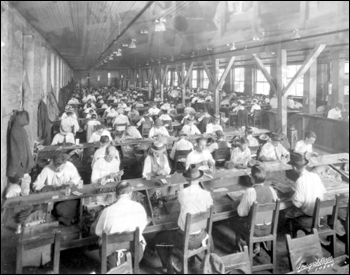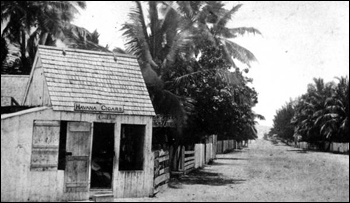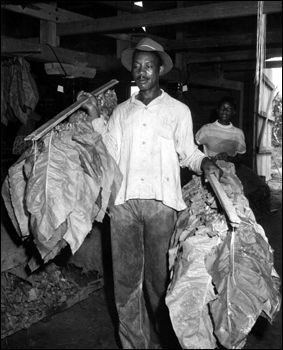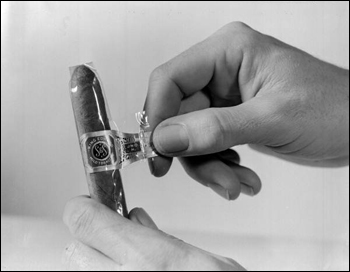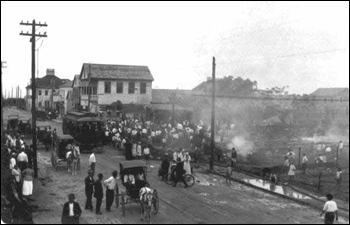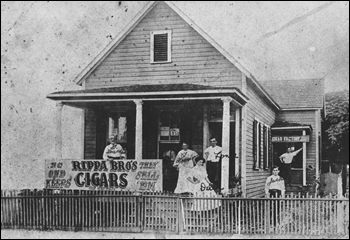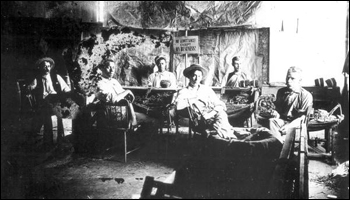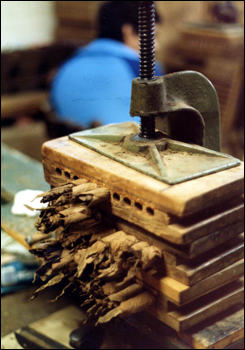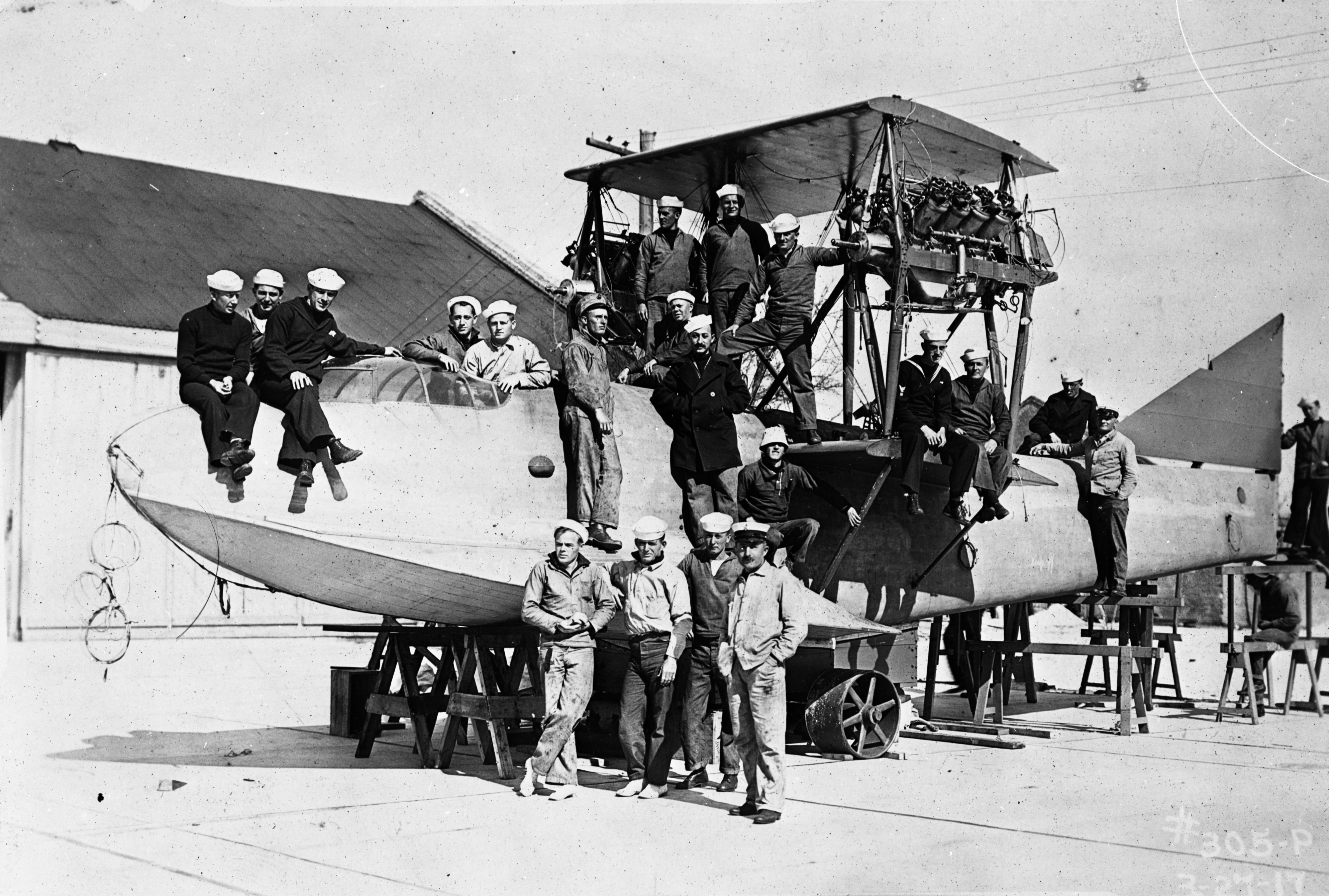Photo Exhibits
Photo exhibits spotlight various topics in Florida history, and are accompanied by brief text intended to place selected materials in historical context.
Florida Cigars
Artistry, Labor, and Politics in Florida's Oldest Industry
Interior view of a cigar factory: Tampa, Florida (19--)
Image Number: RC09543
Havana cigar shop: Key West, Florida (19--?)
Image Number: PR05966
Alexander McGriff carrying shade-grown tobacco to be dried: Havana, Florida (1956)
Image Number: C023430
The tobacco was raised on H.H. Swisher's tobacco farm for the King Edward Cigar Company.
Cigar Making Comes to Florida
Commercial cigar rolling first came to Florida in the 1830s and in the decades after the Civil War it became one of the most important industries in the southeastern United States. Cigar rolling grew from small-scale operations started by Cuban immigrants to encompass large, factory operations that attracted immigrants from throughout Europe and Latin America to Florida's growing cities.
There was a strong natural link between the cigar workers in Key West and Havana, and by the early 1890s, 50,000-100,000 people traveled back and forth annually.
Cigar manufacturing took place in all of Florida's urban areas at some point during the first century of statehood, but its impacts were particularly profound in Key West and in the Ybor City and West Tampa areas around Tampa Bay.
Although the industry declined from its height in the first decades of the 20th century after years of conflict between organized labor and factory management, the economic changes brought on by World War II, as well as mechanization of production and changing consumer demand for cigars, the legacy and cultural impact of the cigar industry and its workers remains a vibrant part of modern Florida.
Close-up view of a cigar from the King Edward Cigars company: Jacksonville, Florida (1948)
Image Number: RF00808
Remains of the "Gato Cigar Factory" at the corner of Simonton and Virginia streets following the fire that destroyed it: Key West, Florida (1915)
Image Number: DM1790
Rippa Bro's Cigars store and cigar factory (190-)
Image Number: MS25987
Owned by David and Toba Rippa. Immigrated from Rumania to Key West in late 1880's. (Left to right): David, Toba, Adella, Larry, Jack, and Harry.
The Cuban Migration
The cigar industry began in earnest in Florida in the 1860s. After the beginning of hostilities in Cuba between the Spanish colonial government and Cuban nationalists during that decade, hundreds of thousands Cubans left the island, immigrating to Europe, other Latin American cities, New York City and Florida.
In 1867 alone, more than 100,000 Cubans fled the embattled island, and the largest portion of those were from the prosperous class of skilled laborers that had emerged in Havana centered around the cigar industry, many of whom went directly to Florida. There was a strong natural link between the cigar workers in Key West and Havana and by the early 1890s, 50,000-100,000 people traveled back and forth annually.
Before the American Civil War, the United States had become far and away the largest importer of Cuban goods and the island's dependence on American business, the growing cultural connection between Cuba and Florida, and the political desire on the part of pro-slavery Southerners and American anti-imperialism sentiments made the Spanish colonial government wary of possible American attempts at annexation. Spain sought to isolate Cuba even as majorities of the island's people increasingly desired independence and the nation's commercial and cultural connections with the United States only grew stronger.
Employees of the Wanish Cigar Factory: Tallahassee, Florida (between 1892 and 1902)
Image Number: RC04813
Located at the block between Macomb, St. Francis and All Saints streets. At the left is Cuban born cigar maker Manuel Roffe who trained the other workers.
Cigar press (1980)
Image Number: FP80153

 Listen: The FolkFolk Program
Listen: The FolkFolk Program